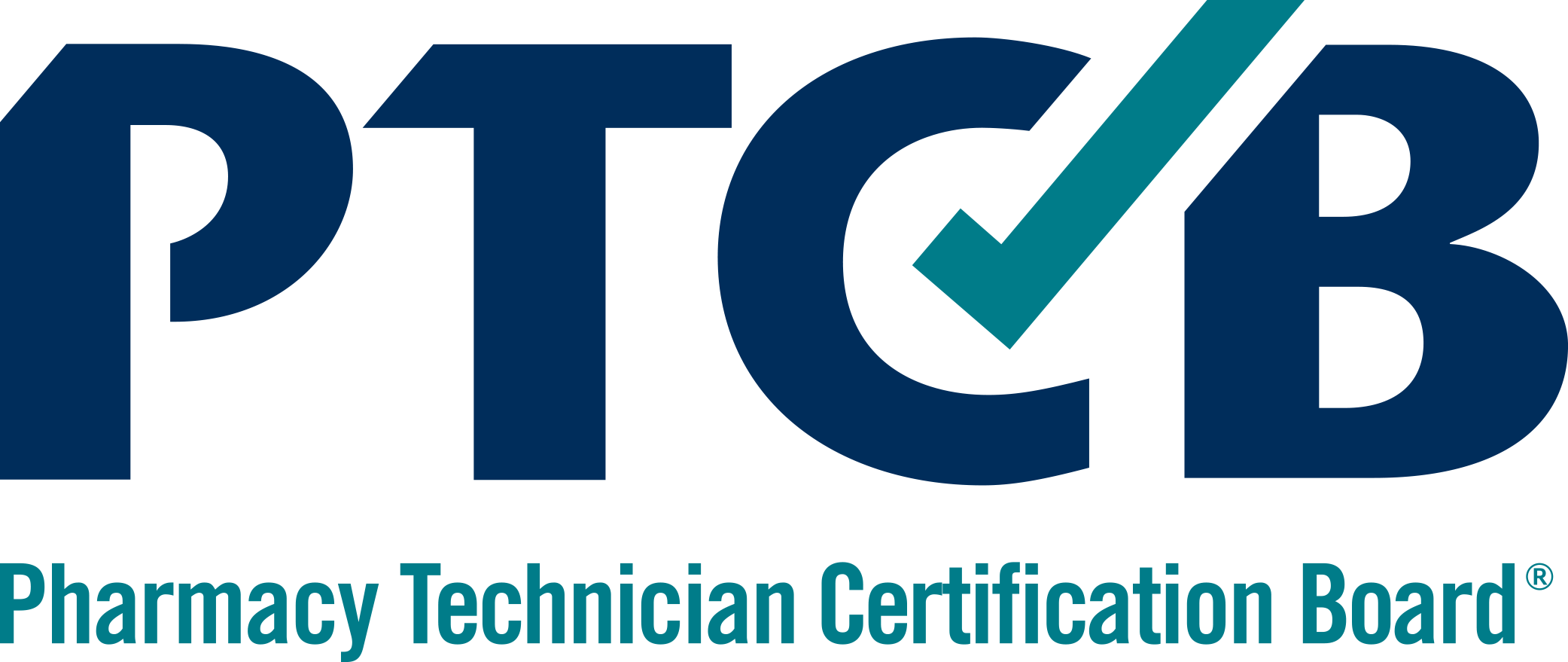About the Author
Ryan Burke, PharmD, is senior director of professional affairs at PTCB, where he serves as a liaison to state and national pharmacy associations, state boards of pharmacy, and pharmacy technician organizations.

Increased technician involvement also improves patient care nationwide.
Pharmacy technicians are increasingly stepping into leadership roles, serving on state boards of pharmacy, and helping shape the profession’s future. Traditionally, pharmacy boards have primarily included pharmacists and other health care professionals. However, with the expanded scope of practice for pharmacy technicians, their inclusion on state boards has become more common and essential. Technicians bring a unique perspective to regulatory discussions, particularly on matters directly impacting technician responsibilities, patient safety, and pharmacy operations.
Several states have recognized the value of having pharmacy technicians on their boards. Over the summer of 2024, New Hampshire and South Carolina became the most recent states (at this writing) to add a pharmacy technician seat to their boards, bringing the total to 20 states plus Washington, DC. These states are setting an important precedent for how pharmacy boards can become more inclusive and reflective of the entire pharmacy workforce while fostering greater community engagement.
Ryan Burke, PharmD, is senior director of professional affairs at PTCB, where he serves as a liaison to state and national pharmacy associations, state boards of pharmacy, and pharmacy technician organizations.
Nichole Foster, MBA, MEd, CPhT-Adv, is a pharmacy technician member of the Tennessee Board of Pharmacy, where she has played a significant role in shaping policies and regulations since her appointment in 2023. As 1 of 3 board members on the rules committee, she actively reviews and recommends changes to board policies affecting pharmacy technicians. She emphasizes the importance of community engagement and advocacy, encouraging pharmacy technicians to get involved in shaping the future of their profession.
“I think for so long there has been this ‘us vs them’ mentality when it comes to practice advancement between pharmacy technicians and pharmacists,” Foster said. “They are not mutually exclusive. However, for all practice to change, we must work together and advocate for the profession as a whole.”
Bradley Miller, PhTR, CPhT, vice president of the Texas State Board of Pharmacy, has more than 40 years of pharmacy technician experience and has played a key role in elevating the focus on pharmacy technicians within board discussions and policies. His efforts have led to increased inclusion of technicians on task forces and discussion groups, ensuring their voices are heard on critical topics such as the pharmacist-to-technician ratio. Although some pharmacists remain reluctant to support their technicians fully, Miller emphasizes the essential role technicians play in pharmacy operations. He engages with local and state pharmacy associations, encouraging technicians to join and get involved in advancing the profession. Miller noted the future of pharmacy technicians “is ours to make.”
Julie Lanza, CPhT-Adv, CSPT, a pharmacy technician and former Massachusetts State Board of Pharmacy member, played a vital role in shaping technician practice during her term, including approving technician immunization administration in the state. For technicians who want to get involved, Lanza advised, “If you live in a state where there is a technician on the board of pharmacy, reach out to them and get their perspective. If you are interested in getting involved, it starts with 1 email or phone call.” She advocates for technicians to engage with their communities and associations, urging them to use resources such as the Pharmacy Technician Certification Board to champion their causes and drive further advancements in their roles on state boards.
Keith M. Binion, MEd, CPhT, serves as dean of campus operations at Wayne County Community College and is an executive board member for the Michigan Board of Pharmacy, overseeing the pharmacy technician division. His role has significantly shaped pharmacy technician training standards, particularly by ensuring employer-based training meets board requirements for approval. Binion believes that community engagement is “paramount” for all technicians and encourages them to advocate for their profession at the local, state, and national levels. He noted, “Our voices are being heard, but [we need] involvement from other technicians from all states across the nation.”
Pharmacy technicians are critical to pharmacies’ day-to-day operations, handling essential tasks from dispensing medications to managing inventory and interacting with patients. Because technicians are integral to pharmacy workflow, it is crucial for them to have a voice in regulatory decisions. By serving on state boards, technicians ensure that their unique perspective on the practical challenges of the pharmacy profession is included in discussions that influence patient care, pharmacy operations, and technician training standards.
Pharmacy boards ensure patient safety, maintain pharmacy practice standards, and regulate the profession. As technicians take on more advanced roles, their insights can help boards make informed decisions about technician scope of practice, credentialing, and continuing education. Their presence can foster a more collaborative environment where pharmacists and technicians work together to address evolving health care challenges.
The profession will evolve as more states recognize the value of having pharmacy technicians serve on state boards. The involvement of technicians in leadership roles benefits the technician workforce and strengthens the entire pharmacy profession. By contributing to key regulatory decisions, technicians help ensure that the future of pharmacy is inclusive, responsive, and better prepared to meet the needs of patients.
As more pharmacy technicians step into these roles, their leadership will impact the quality of care provided to patients across the country as well as the regulatory sphere.
about 1 year ago
Pharmacists Play a Critical Role in Treating Alzheimer Diseaseabout 1 year ago
Pharmacy Policy: January 2025about 1 year ago
Encourage Patient Accountability for Optimal Medication Safetyabout 1 year ago
Dementia Is Common and Somewhat Treatableabout 1 year ago
OTC Case Studies: Prenatal Vitaminsabout 1 year ago
Leqselvi from Sun Pharmaceutical IndustriesStay informed on drug updates, treatment guidelines, and pharmacy practice trends—subscribe to Pharmacy Times for weekly clinical insights.